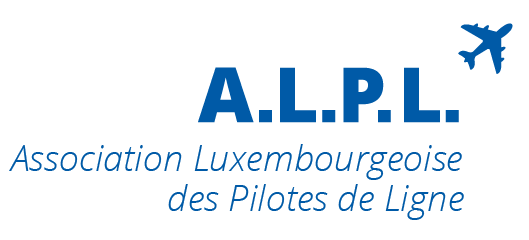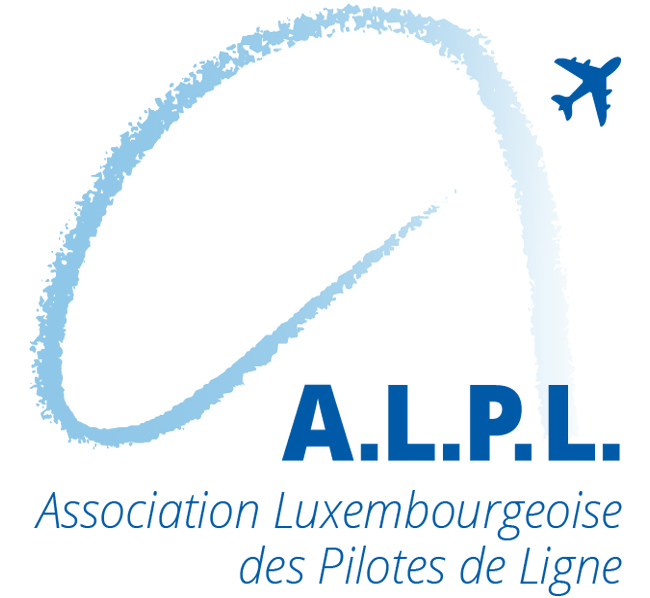The truth about pilot shortage is far more elaborate than what many in the industry are trying to portray. Factors such as the region, type of operation, experience level of the pilot group need to be considered each time we speak about “the pilot shortage”.
So it’s time we stop talking about the pilot shortage and how to fix it. Instead, it is time the industry and aviation authorities look at the policies and practices for attracting, selecting, training and enabling the right talent, as well as providing an attractive and stable career. In a series of articles, we will give our views on how these could be achieved.
The liberalisation and outsourcing of pilot training swayed the pendulum in the opposite direction. An attractive marketing pitch by training organisations sold a childhood dream of becoming a pilot for more or less €100.000. Suddenly almost anyone with deep pockets could become a pilot.
But it turns out, accepting candidates predominantly on the basis of who can afford to pay the very high costs of the program is not good for the airlines. The profession has become accessible to candidates with questionable set of skills, and low motivation and capabilities.
The sad fact is that once out of flight school, some graduates are very often faced with the reality that a licensed pilot does not necessarily equate to a skilled or qualified pilot up to a standard of an airline.





